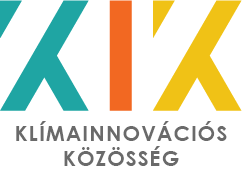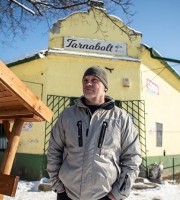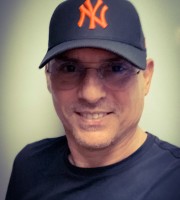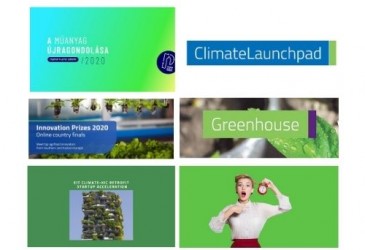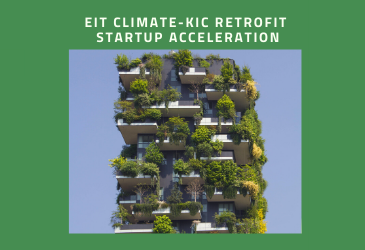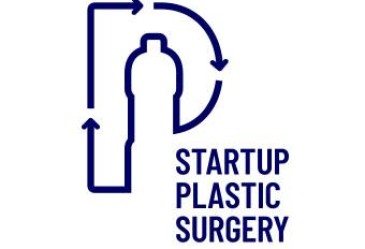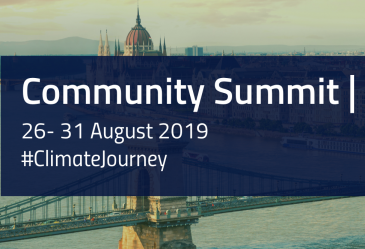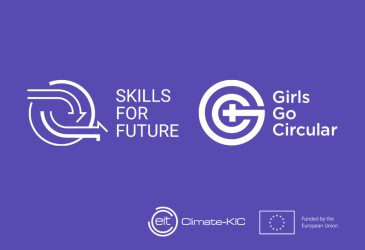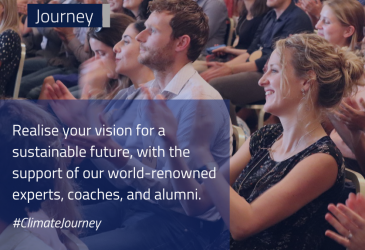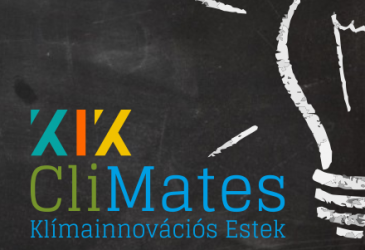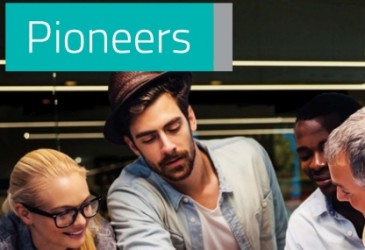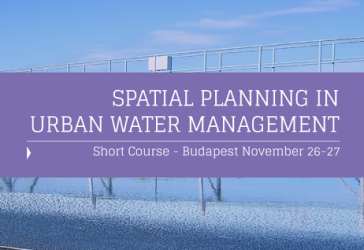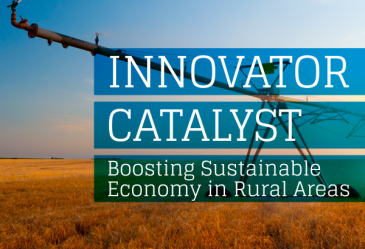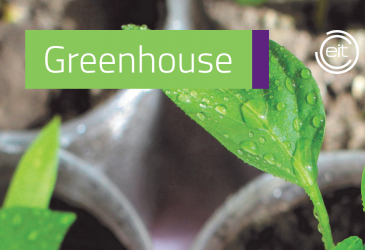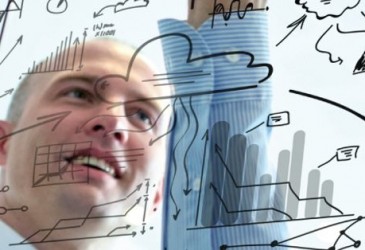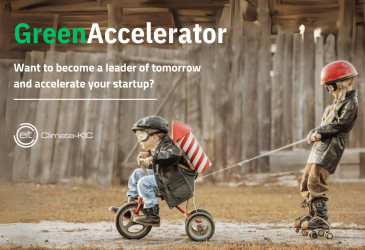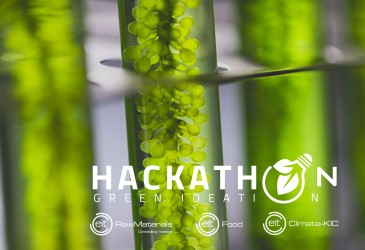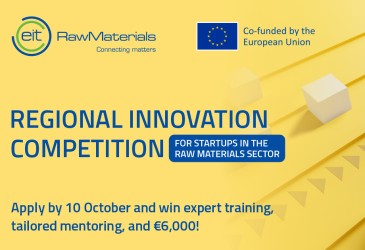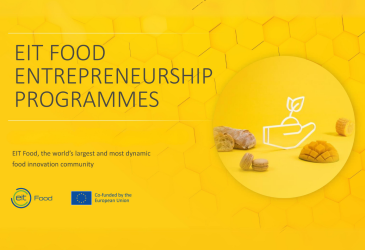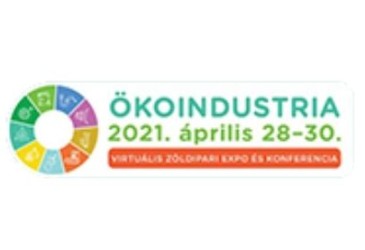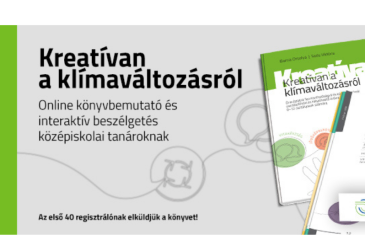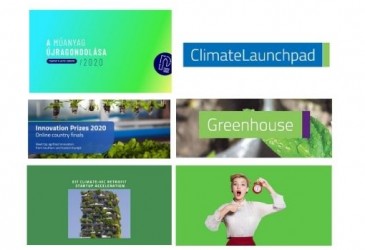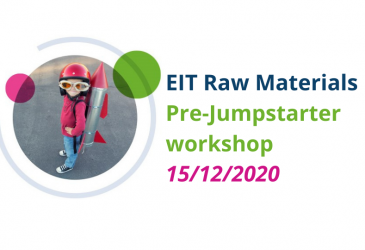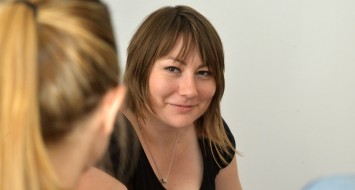
My main areas of interest are hydrology, adaptive water management, brownfield redevelopment and land use planning. I received my PhD degree in Civil Engineering in 2014, from the Department of Hydrotechnical Engineering, Politehnica University of Timișoara. My PhD project is focusing on integrated spatial planning in the context of flood risk uncertainty. At the moment, a friend of mine and I are starting an association that focuses on water and environmental efficiency, eco-responsibility and teaching environmental issues.
Raluca, you have a Ph.D. in Civil Engineering and your main areas are hydrology, adaptive water management, brownfield redevelopment and land use planning. During your international placement you were dealing with sustainable retrofitting of housing at the University of Wolverhampton. It seems quite a challenge to achieve something in such a different field in such a short time.
How were you dealing with the challenge?
A different area of research (retrofitting of buildings and increasing the energy efficiency and energy performance of buildings) is definitely a challenge, but it is also an opportunity to get out from the comfort zone. This placement was suitable for my research experience and skills, even if the topic was different. I took home a lot of knowledge and I hope I will be able to apply the information.
What have you learnt, and will you adapt it in your career?
The collaboration with Dr. David Oloke offered me the chance to gain more experience in a different field. In the context of carbon reduction and climate change, I consider that there is a great potential for using green roofs in tackling problems of storm water management, as well as a way of increasing the energy efficiency of buildings.
As far as I know you are planning a publication together with your host. Is it published already?
The final outcome of the placement was a scientific paper published in a suitable journal publication. The paper is not published yet, we are still working on it.
What is your general take away from the programme?
The Pioneers into Practice Programme offered me the opportunity to interact with scientific researchers and people interested in climate change and sustainability, to share ideas and to shape exciting (group assignment) projects for tomorrow’s world, to make new friends and visit new places.
Furthermore, we have to be aware that the climate is changing and the future of the planet is in our hands.
